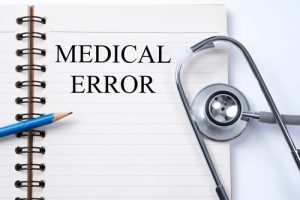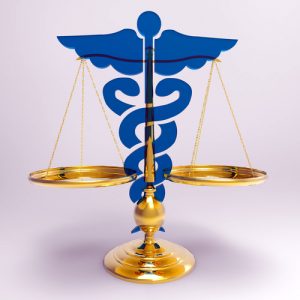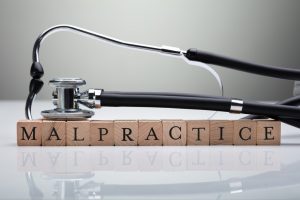Unfortunately human error exists in any type of practice. Sometimes the error can be mild or extreme. Other times the error can be malicious or quite innocent in intent. In the medical field, it can be the health care provider’s fault or a perceived injury by the patient. In all cases, if malpractice does occur, there is a certain time frame, or statute of limitations that limits lawsuit. Certain states have different deadlines and most states have extensions when discovery can occur. Law practices usually utilize the expertise of legal nurse consultants to help with issues regarding medical malpractice and determine if a case is valid or if proper procedure was followed within the practice.

Commentary
Statutes of limitations are important because they prevent unreasonable litigation against healthcare providers. If one is truly hurt, it is important to find the proper legal recourse within the time frame. Fortunately for more unknown symptoms and secretly hidden activity, Discovery Rules in most states can help individuals find justice. Legal Nurse Consultants and Malpractice Law Firms can help individuals find the justice they need.
Statute of Limitations in Malpractice
Statutes of limitation refer to the legal concept that outlines the maximum period of time after which a particular right or claim may no longer be enforced through the court system. These periods vary depending on jurisdiction, but all serve the purpose of protecting defendants from having to defend themselves against stale or unsupported claims. In essence, the statute of limitations sets a temporal boundary beyond which any claim brought forward is considered to have been waived by the claimant and is therefore inadmissible in court.
Statutes of limitation in medical malpractice refer to the timeframe within which a legal action for civil damages or other remedies must be initiated. This is a legal restriction that prevents a plaintiff from initiating an action after the expiration of a specified period of time. Statutes of limitation are designed to ensure that claims are brought in a timely manner, while simultaneously providing healthcare providers and entities with assurance that they will not suffer liability for alleged wrongdoing indefinitely.
The discovery rule is a legal principle that has been developed to enable claimants in medical malpractice cases to bring a claim beyond the statute of limitations. Specifically, it serves to extend the period of limitation when a patient’s knowledge or understanding of an injury caused by medical negligence is unclear until after the period of limitation has already elapsed. In such cases, the discovery rule applies and allows plaintiffs to pursue a claim up until two years after they have discovered their injury or should have reasonably known about it.
Role of Legal Nurses in Malpractice Cases
The role of legal nurses in medical malpractice cases is an integral part of the litigation process. Legal nurses are responsible for providing specialized knowledge and expertise to attorneys and other legal professionals that may be unfamiliar with the medical aspects of malpractice cases. Legal nurses are employed to review patient records, evaluate clinical outcome, investigate potential malpractice claims, assess liability and damages, provide expert testimony, and offer medically relevant opinion on the case.

Conclusion
In conclusion, the statute of limitations for medical malpractice is an important consideration when determining whether to pursue a case. Depending on the state, the time limit may vary. Therefore, if you think that you or a loved one have been injured due to medical malpractice, it is important to consult with an attorney who can explain how the law applies in your particular situation. Understanding the statute of limitations for medical malpractice will help ensure that individuals receive justice and ethical care from their healthcare providers.
Please also review AIHCP’s Legal Nurse Consulting Certification and see if it meets your academic and professional goals. The program is online and independent study and open to qualified nurses looking to become certified in Legal Nursing. Nurses can then enter into the field of the courtroom and legal process and help utilize their expertise in nursing and medical procedure in numerous cases in both defense of healthcare professional or patient.
Additional Resources
“Always a Nurse: The Legal Nurse Consultant”. Howland, Wendie MN, RN-BC, CRRN, CCM, CNLCP, LNCC. Nursing Administration Quarterly: January/March 2020 – Volume 44 – Issue 1 – p 71-73. NAQ Nursing Administration Quarterly. Access here
“The Many Ways to Extend a Limitations Period”. Mark E. Rooney. November 27th, 2019. American Bar Association. Access here
“Medical malpractice in the United States” Wikipedia. Access here
“Effects of Malpractice Law on the Practice of Medicine”. Lee Black. Health Law June 2007. AMA Journal of Ethics. Access here










